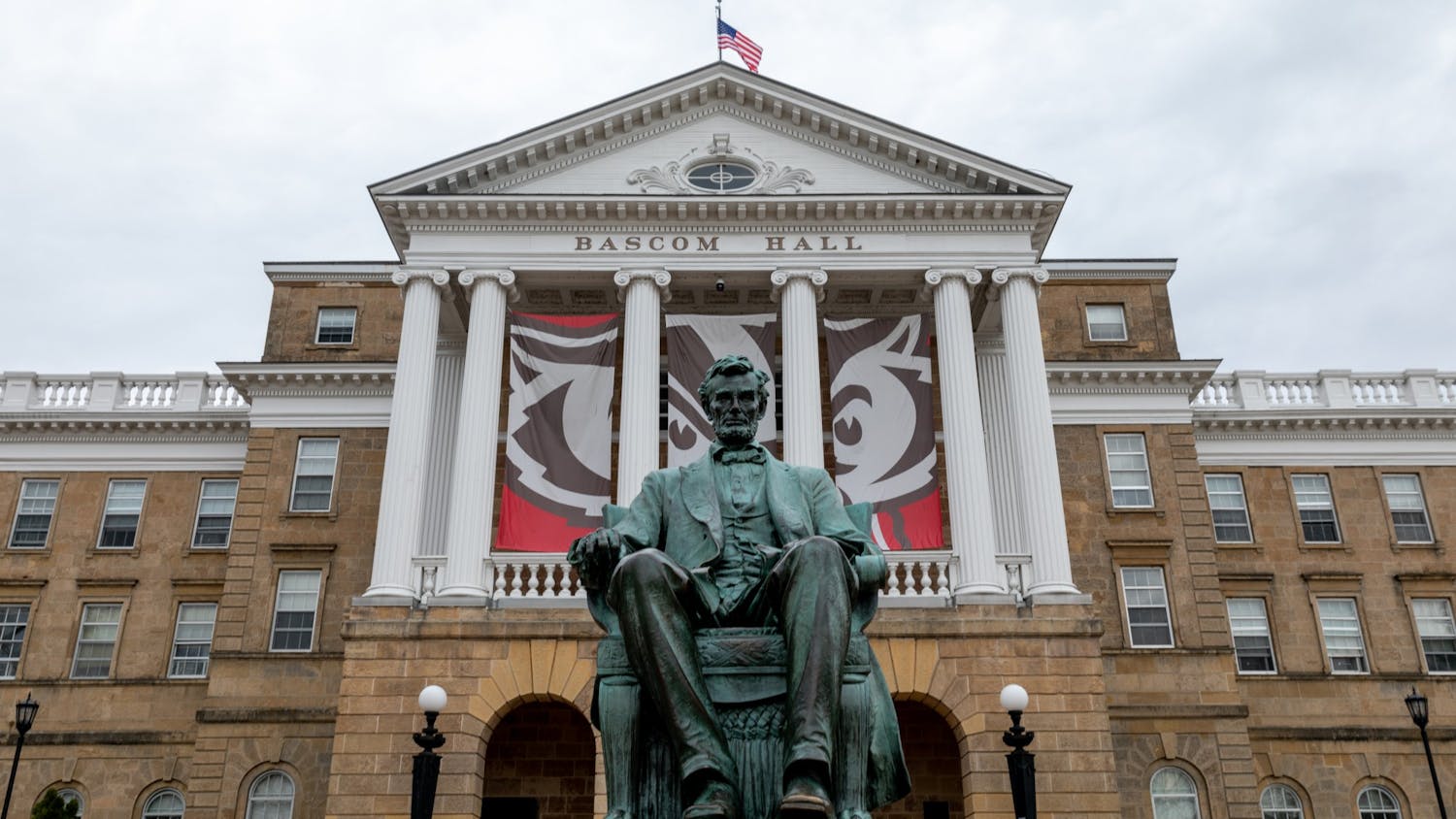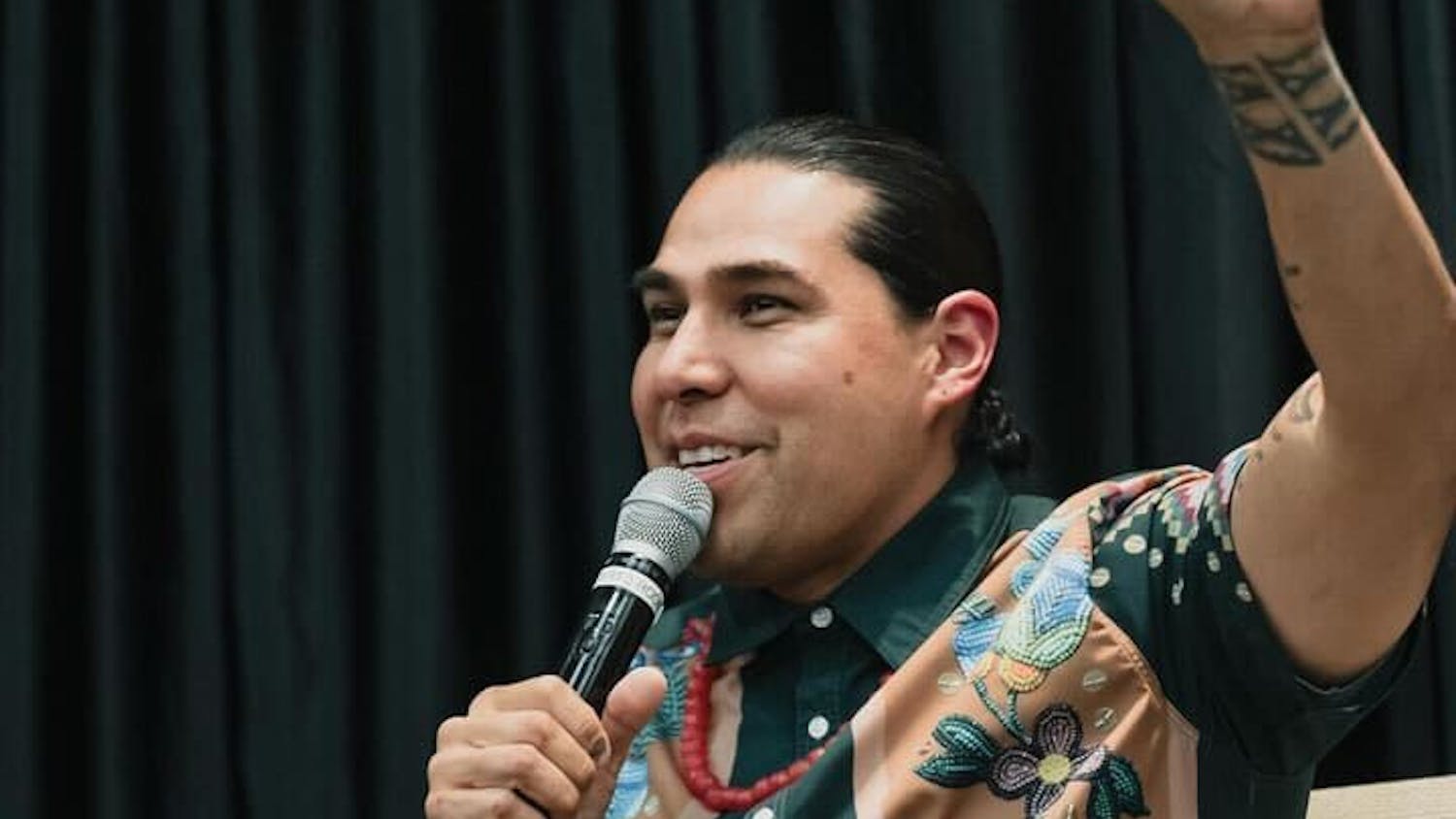Like many other schools, the UW System has recently installed more measures to prevent sexual assault and harassment. But the System’s move to join a national coalition of colleges fighting these issues sparked both praise and criticism from faculty and students alike.
In an effort to lower rates of sexual assault and harassment on campuses and provide students with more accessible resources, the UW System joined the Action Collaborative on Preventing Sexual Harassment in Higher Education last week.
The initiative’s goals are to raise awareness against and prevent sexual harassment, share and assess current institutional policies, provide research results across institutions and develop a way to measure progress made toward reducing sexual harassment.
Being the first statewide school system to join the project, the hope is that UW System’s decision will encourage more action on sexual assault and harassment prevention across the country.
“I think that when you have institutions of esteem like UW System who are joining this, it definitely is a statement in terms of how serious these institutions take the review of sexual assault on campus,” UW-Green Bay Title IX Coordinator Christopher Paquet said.
Though joining this initiative is a positive step, System employees believe there are still many other factors that must be addressed to prevent these issues.
“I’m aware that every campus is doing a lot, but it’s a bigger societal issue, and we have a long ways to go in getting everyone more educated in terms of what is sexual assault, what consent means, what is the role of bystanders,” UW-La Crosse Violence Prevention Specialist Ingrid Peterson said.
Concerns about the effectiveness of the coalition stem from a need to cover a wide variety of different needs across System campuses and other universities across the country.
“Every campus is different and has different needs and different rates of sexual assault. Broadening it takes away from what this campus needs to focus on in terms of minimizing sexual assault,” said Saja Abu HakMeh, the incoming chair of Promoting Awareness, Victim Empowerment at UW- Madison. “Putting it out there that the System is doing this on a national level is important, it just shouldn’t to a point where they’re not actually taking action, just saying they are.”
Others believe the coalition has the potential to make a positive change, but the expectations and aims of the project are still unclear.
“I think if coalition has more expectations and clear roles that universities that join it have to maintain then it could be a good thing in terms of making the System as a whole move forward with actions to prevent sexual assault and support survivors who have already experienced it,” said current PAVE Chair Ciara Michel.
One outcome the System hopes from joining the coalition is an increase in resource sharing research across campuses, as well as giving a voice to all campuses when discussing ways to address these issues.
Campuses will hopefully now have more access to data to know how effective their sexual assault and harassment prevention measures are, as well as increased education on training and tracking resources, Paquet said.
With national changes to Title IX legislation currently discussed by Secretary of Education Betsy DeVos, there is hope this coalition will protect universities from having to conform to these modifications.
“This will allow us to not be so beholden to those regulations and actually have some uniform best practices that the system adheres to as opposed to waiting around for any administrative changes to happen,” Paquet said.
While there are some concerns from student groups about the changes that may result from joining the initiative, the decision seems to be a step in the right direction in terms of limiting sexual assault and harassment on college campuses.
“It is important to have prevention and action taken on all levels, including collaboration between UW System schools and campuses across the nation,” Michel said.






